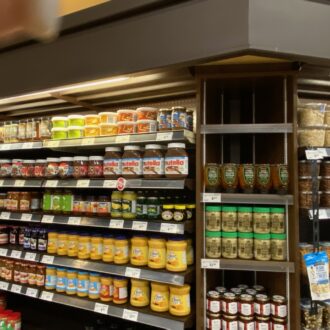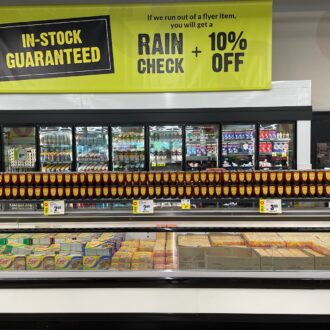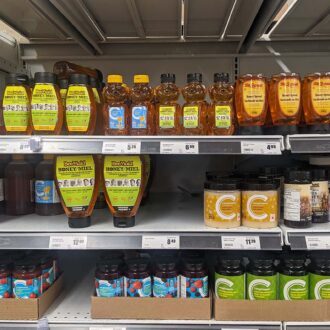Fooditive, a Dutch plant-based ingredients company, will begin large-scale production trials of the world’s first 100 per cent bee-free honey in the New Year.
By mass-producing a bio-identical honey that eliminates the need to intensively farm honeybees, Fooditive aims to create a scalable supply.
Leveraging the same patented biotech process already used to create Fooditive’s vegan casein, which was launched last year, honey DNA is copied into a proprietary strain of yeast. When fed with nutrients and precision-fermented to replicate the metabolic processes that occur in the honeybee stomach, this yields a product with the same characteristics and functionality of bee-produced honey – from taste, colour and viscosity to its health benefits.
The production trials will recreate the lab-proven concept in 1,000-L fermenters, with samples to be made available for potential customers to try and test out in their own applications.
Fooditive founder and CEO Moayad Abushokhedim said, “Our goal is to provide the world’s first 100 per cent bee-free honey with no compromise on taste, quality or price. The process of genetic sequence modification used in our honey already has an established track record with our vegan casein. We believe our process will be the stepping stone for a revolutionary advancement in the food and biotechnology industries, enabling any animal product to be mimicked and even improved by bioengineering plant-based ingredients.”
The development of Fooditive’s bee-free honey has been driven by concerns that common apicultural management practices in commercial beekeeping can be detrimental to the welfare of farmed honeybees and wild bee species.





